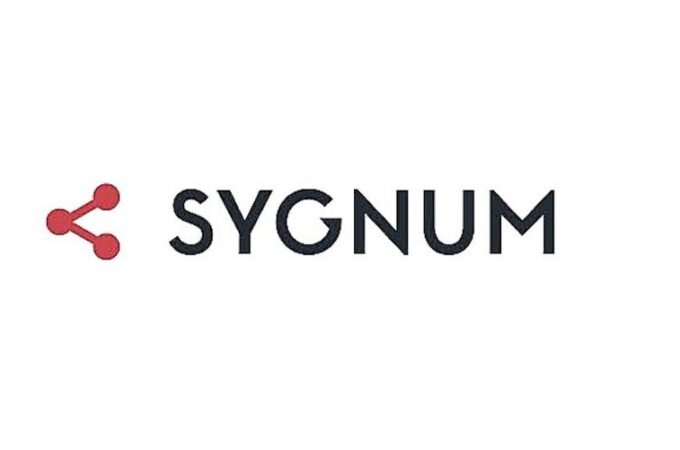
Start-Ups Aim at Overlooked Demographic: The Unbanked
By Nathaniel Popper for CNBC
Last summer Jimmy Chen walked the streets of San Francisco trying to do simple financial transactions without a bank account, a task millions of Americans face.
It cost him $4 to cash a $20 personal check and $5 to send $30 to a relative — activities that would have been free with a bank account. When he needed to retrieve a money transfer, the process of verifying his identity took so long he almost gave up.
These are the sorts of problems that might seem ripe for new financial technology to address — providing cheaper, faster ways to do basic financial services for some of the nine million or so American households without a bank account.
But most hot start-ups in fintech, as it is known, are more focused on wealthy customers. Mr. Chen was in San Francisco as part of a new program trying to change that imbalance. The Financial Solutions Lab picked Mr. Chen’s company, Propel, and eight other start-ups for its first class last year, all of them aimed at “building solutions for financial health.”
In Mr. Chen’s case, Propel is working on an app to make it easier to get access to the federal food stamp system. The relative lack of new entrants trying to address problems faced by the less wealthy is caused, in no small part, by the lack of familiarity with these problems among young, largely affluent entrepreneurs like Mr. Chen, a 28-year-old former engineer at Facebook.
“It’s hard to solve a problem you don’t understand,” he said.
The companies in the Financial Solutions Lab first gathered last July. Mr. Chen and the other start-ups in the lab went out into San Francisco on a sort of scavenger hunt to experience the expensive financial services that are the only option for many low-income Americans. In the months after, the companies gathered several more times to get guidance on how to build affordable financial services while still adhering to the manifold regulations that fall on the financial industry.
The nine start-ups also got $250,000 to finance their efforts. The lab was started by a financial nonprofit group in Chicago, the Center for Financial Services Innovation, in partnership with JPMorgan Chase‘s philanthropic foundation, which provided $30 million and lots of connections for the companies that entered the lab.
The lab has had to strike a difficult balance of finding start-ups that want to serve low-income people without overcharging them and making their problems worse. Many payday lenders and prepaid card suppliers say they exist to help their clients, but end up preying on their financial vulnerability.
Ryan Falvey, the director of the lab, said that among the 300 applicants to the program last year, many did not meet the Center for Financial Services Innovation’s guiding principles of encouraging inclusion, upward mobility and positive consumer behavior. “There are a lot of products out there that are at odds with the consumer,” he said. “They can make a lot of money, and the consumer can find themselves in worse and worse shape.”
But Mr. Falvey said it was not hard to find start-ups that genuinely seemed to want to help their customers improve their financial health. He pointed to one of the lab’s most successful start-ups, Ascend, which was founded in part by a member of the Consumer Financial Protection Bureau’s consumer advisory board, Steve Carlson.
Ascend provides loans of a few thousand dollars to borrowers who fall between the prime and subprime categories. The loans start with an annual interest rate around 30 percent, but it can drop to 14 percent if borrowers take steps like saving money or limiting credit card spending.
The business model has been promising enough that venture capitalists have put $1.5 million into Ascend. Another participant in the lab was a nonprofit from Manhattan that is trying to build a mobile phone app, PayGoal, to help clients make better financial decisions.
Justine Zinkin, the chief executive of the nonprofit that created PayGoal, Neighborhood Trust Financial Partners, said she went into the program somewhat skeptical of JPMorgan’s involvement and “the cynical possibilities of a large bank claiming to care about the little consumer.” But she said the bank executives involved in the program went above and beyond to provide her and the other lab participants with resources and connections to help them improve their products.
Mr. Chen said Chase executives spent hours helping him and his two co-founders understand the entire route a payment travels after a customer swipes a card at a store. But for Propel the biggest lessons have come from going to poor neighborhoods where people use food stamps.
These lessons led his team to change the focus of Propel from helping people sign up for food stamps to making it easier to check the balance in a food stamp account, something that had been virtually impossible from a smartphone.
The lessons learned on the street are just the sort of thing that Mr. Falvey, who is now choosing the second class of lab participants, is hoping he can push more young entrepreneurs to pursue.
“I think that there is a huge disparity between how most consumers live their financial lives — quickly, on the edge and with a significant degree of stress, and a lot of distrust of financial service providers — and the world that many of our financial products were designed for,” he said.
First appeared in CNBC





